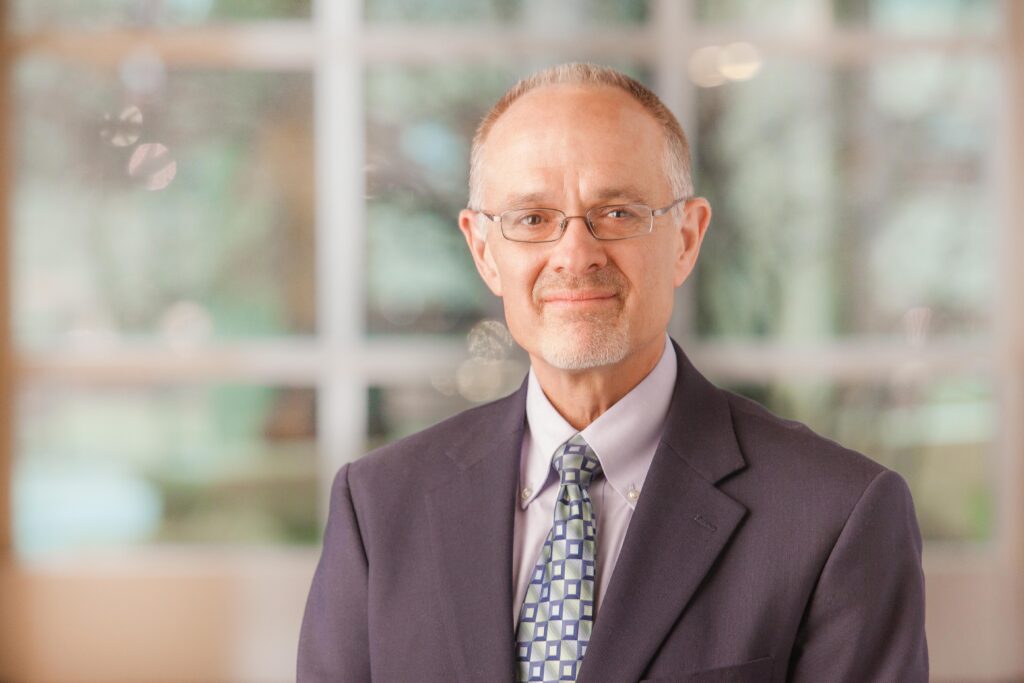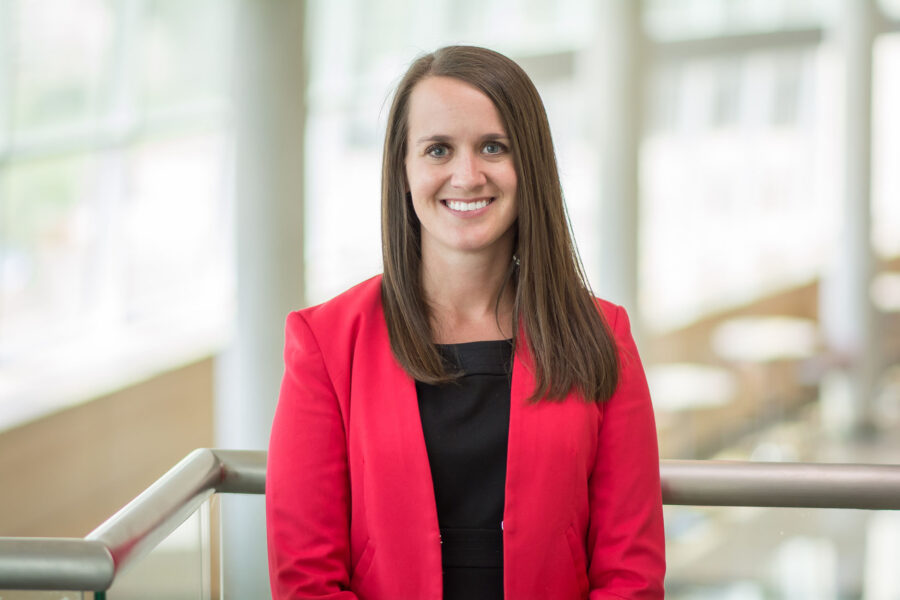The Nebraska Area Health Education Center Program’s newest cohort of scholars have arrived.
The 74 students, from throughout Nebraska, will engage with a variety of health professionals, community leaders and potential employers as part of the two-year UNMC program.
The AHEC Program, established at UNMC in 2001 and part of a national initiative, is designed to prepare health profession students to serve in rural and urban underserved areas of the state.

“The AHEC Scholars Program aligns with the goals of UNMC to provide exemplary preparation to serve rural and underserved Nebraska as part of an interprofessional team,” said program director Jeffrey Harrison, MD.
“These are health professional students who really want to become leaders within rural, underserved areas,” said Lydia Sand, deputy director and program manager for the Nebraska AHEC program. “The program focuses on working to connect them to employment, making sure we can get them back to those communities where they want to practice – and where Nebraska has workforce shortage needs.
“Ultimately, it’s a program designed to get students excited about rural and underserved areas of Nebraska,” Sand said. “We’re not training them on how to become a physician or a pharmacist or anything like that. But we talk about what it’s like to be a provider in rural Nebraska, exposing them to a lot of different topics throughout their two years with us.”
In addition to UNMC, students in the program also come from community college partners across the state.
Students are eligible if they have at least two years of schooling left and fall into one of the approved tracts, including medicine, pharmacy, dentistry and physical therapy.
In the first year of AHEC programming, scholars learn about different objective areas. In the second year, they apply and integrate those objectives.
Scholars are supported by five regional AHECs across the state: Omaha, Northern in Norfolk, Central in Kearney, Panhandle in Scottsbluff and Southeast in Lincoln.
In addition to mini-lectures, scholars also receive certification in at least one area — mental health, first aid training or patient safety and quality.
The program has been a success, Sand said, citing these statistics.
- 187 scholars have graduated from the Nebraska AHEC Scholars Program.
- 87% of graduating scholars employed. (Students who have finished the program but are still finishing their health profession degrees are not included.)
- Of those employed, 79% are employed in Nebraska, with 66% employed in rural or medically underserved areas, 13% employed in primary care.
“Building the health care workforce across Nebraska is a key part of UNMC’s mission,” said H. Dele Davies, MD, interim chancellor. “We’re excited by the success of this program at UNMC, and we congratulate this year’s impressive cohort of AHEC Scholars.”
Dr. Davies also welcomed the new students to the next step in their future career. “UNMC is privileged to be a part of your health profession journey, and we look forward to the impact you will have, in your communities, in Nebraska and beyond,” he said.
One former AHEC Scholar who now is a UNMC medical student said:
“The Nebraska AHEC Scholars Program exposed me to various scenarios, cultural practices and
current health care professionals in rural areas I was not familiar with. Since my school is located in Omaha, it can be difficult to gain hands on rural experience and the AHEC program allowed me to stay involved with rural communities during my time in an urban area.”
A UNMC physical therapy graduate added:
“I felt like the scholars meetings were more real-life situations than didactic coursework. So, it’s similar to being in clinical, and I thought that was very beneficial.”

Congratulations Lydia ( and Jeff) on this recognition. This program is an important part of the grow and training of our future rural and underserved focus on Health Care Professionals .